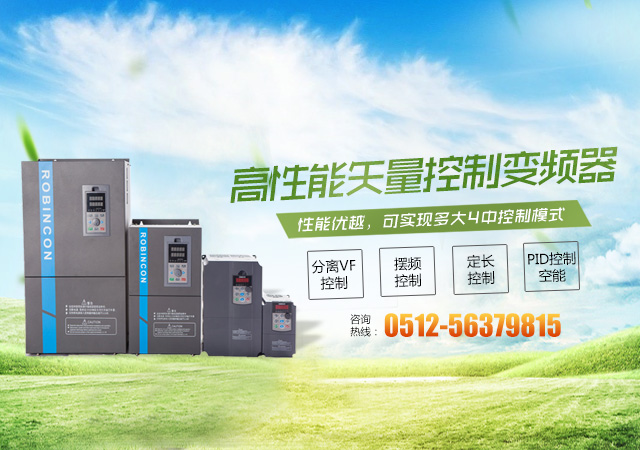I. Introduction
Pulp is the basic raw material for papermaking. Due to the lack of wood resources and large-scale pulp production equipment in my country, pulp is far from meeting the needs of the ever-developing paper industry. At present, the per capita paper consumption in my country is only 27-30 kg, while the per capita consumption in developed countries The amount of paper used is 200-300 kg. In order to make up for the shortage of raw materials, pulp products have to import a considerable amount of pulp from abroad every year.
The raw materials of pulp mainly include wood, bamboo, reed, straw, wheat straw, awn stalk, cotton stalk, bagasse, rags, waste cotton, waste linen and other plant fibers.
Pulping is the process of using chemical methods or mechanical methods or a combination of both to dissociate plant fiber raw materials and turn them into natural pulp or bleached pulp. The following is an example of using reed paper to introduce the basic process.

Figure 1 Basic process flow of papermaking
The wood chip refiner is a very critical equipment for pulp production. It first cuts the logs into wood chips, and then directly grinds the wood chips into pulp in a high-power disc mill, as shown in Figure 2 for the wood chip refiner.

Figure 2 Wood chip refiner
Since the pulp production line is composed of a series of supporting equipment, each transmission part needs a high degree of coordination. At present, the important transmissions of advanced production lines are driven by inverters. This article takes the application of our company's Devers inverter in a pulp production line as an example. Explains the control system of the pulp production line and the requirements of the electric drive of the large wood chip refiner.
2. Pulp production line control system
The whole production equipment control system topology is shown in Figure 3. The central control system DCS and all executive components and sensors of the entire production line adopt PROFIBUS communication. In order to ensure the safety of the production line, cameras are installed near each key transmission equipment, and DCS passes Ethernet collects all camera data, real-time monitoring of the scene conditions of each transmission system.
The central control system controls the start and stop of all inverters, frequency setting, fault reset and other commands, and at the same time collects the current, voltage, bus voltage, operating frequency and other data of all inverters to monitor each inverter in real time.

Figure 3 Topology diagram of production line control system
Three, the characteristics of the electric drive of the wood chip refiner
The power of the wood chip refiner on the pulping production line is driven by a 250kW three-phase asynchronous motor. The rated voltage of the motor is 690V, and the synchronous speed is 1500 rpm. The frequency converter adopts the Defus frequency converter machine customized by our company. The rated output power is 280kW.
Due to the strict production process of the large wood chip refiner on the pulping production line, its electric drive has the following characteristics:
Ø The starting torque is large, the wood chip refiner needs to overcome the moment of inertia and friction moment when starting, and needs enough torque when starting;
Ø The acceleration and deceleration time is short, the acceleration time does not exceed 60S, and the deceleration time is required to not exceed 30S when there is no braking unit and braking resistor;
Ø The motor needs to run at an ultra-base frequency. In order to improve production efficiency, the motor needs to run at a base frequency above the base frequency under special circumstances;
Ø Inverters are required to have a strong ability to resist power grid fluctuations. Because the factory power uses waste materials from pulp production for power generation, all power grids fluctuate greatly. To ensure the normal operation of the production line, the ability of all inverters to resist grid fluctuations can reach ±15% ;
Ø With high reliability, once the wood chip refiner fails, the entire production line must be stopped, causing great economic losses to the factory. All the factory requires the frequency converter to operate 24 hours a day for at least 3 months.
Four, frequency converter debugging
Since the wood chip refiner needs to output 2 times the rated torque of the motor when it is started, while ensuring that the inverter does not flow, the inverter adopts the vector open loop control mode; it has the following characteristics:
Ø Enable the field weakening function of Robin Kang inverter to enable the motor to run above 50HZ;
Ø Enable the magnetic flux braking function of Robin Kang frequency converter, so that part of the energy is consumed on the motor when the motor is decelerating, so as to meet the requirements of the deceleration time;
Ø Enable the over-voltage stall and over-current protection functions of Robin Kang inverter to ensure that the inverter will not malfunction during acceleration and deceleration and affect production.
As Robincon frequency converter can adapt to the fluctuation of the power grid ±15%, it can adapt to the power grid conditions of the plant without failure.
Five, concluding remarks
The production line has been in trouble-free production for a year since it was put into production, which proves that Robincon inverters can fully meet the production process requirements of the wood chip refiner in the pulp production line in terms of performance and reliability. At present, Robincon inverters have won very well in the company. Recognition.






